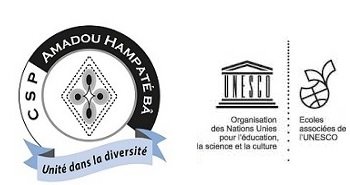In 7th century Arabia, Bedouins used bicycles as a means of transportation and spoke Roman
In August 2014, our college held its first vacation classes for students entering 6th and 5th grade. It was, for teachers and trainers, an experience that was both enriching and alarming. Enriching because we were able to approach and get to know our students differently than during the school year when we are rushed by time and the program. Alarming, because we realized that the vast majority of them have extremely poor knowledge of the French language and general knowledge.
In history, after a lesson on 7th century Arabia, during a formative assessment, instead of asking for the usual written restitution of the three paragraphs of the school textbook, we asked them questions on the key concepts of each paragraph. Note that the main ideas of the text have been previously presented and explained to the students. Confused by this new approach, not being used to thinking, our students provided answers such as “The Bedouins use bicycles as a means of transportation and speak Roman. » This type of response shows how students lose their bearings when we ask them for anything other than the simple regurgitation of a lesson learned by heart.
Furthermore, what struck us the most were the difficulties our young people had with written expression. Their written work is riddled with spelling and grammatical errors. Punctuation is non-existent and sentences are meaningless. Not mastering the minimum basics expected at the end of primary education, students have difficulty writing even one correct sentence. However, we know that anyone who does not know how to express themselves in writing spends all of their secondary school courses in a situation of failure.
However, this is not the case for our students who, despite such shaky foundations, manage to move on to the next class. How do they do ? The answer is simple: they learn everything by heart! This is the most pragmatic solution when you do not master the fundamentals of the language of instruction and the meaning of the lessons completely escapes you.
For teachers too, rote learning seems profitable as a method because it is more time-efficient. There is a reassuring side to rote. Understanding requires thinking about work in a different way. This requires more time and work on the part of teachers and students and, it is clear, that neither are willing to make this effort. Feeling powerless in the face of their students' serious shortcomings, secondary school teachers prefer to encourage them to continue on the path of "by rote" and thus contribute to the perpetuation of a vicious circle: without minimal knowledge, one can only learn. without understanding, and learning without understanding, it is difficult to acquire the minimum basics. This is how in our colleges, without wanting to, we produce ignorant BEPC graduates.
October 5, 2014
